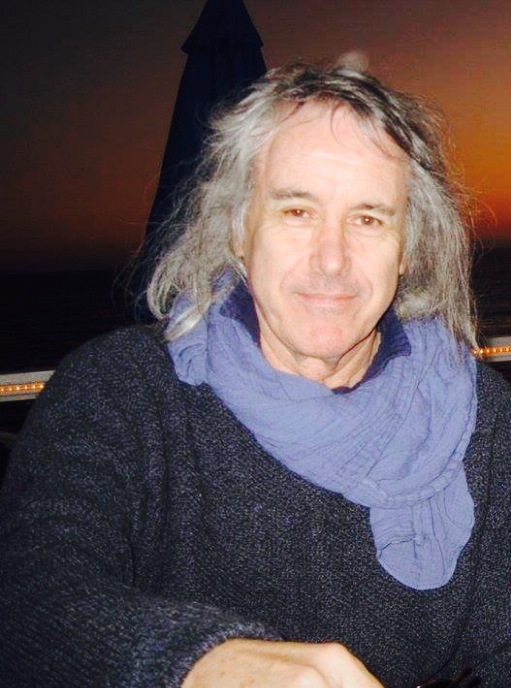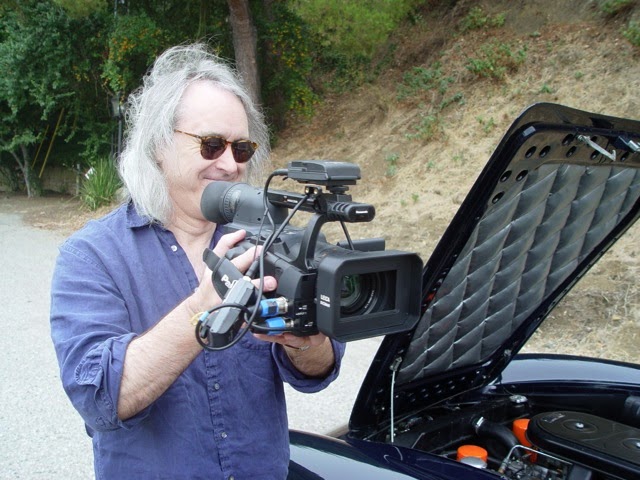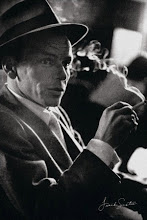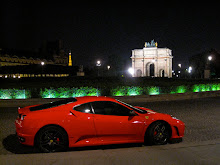 I first visited El Mirage, a dry lake bed in the California desert, when I spent a month working on one of the first CC-100s (movies for television produced by CBS Cinema Center in Studio City) titled Sole Survivor. The landscape made an impression on me and I liked the setting as a movie location not only for its vast, cruel emptiness and the psychological impact the environment has on the characters as well as the audience but the desert offered a place to make films away from the inconveniences of civilization.
I first visited El Mirage, a dry lake bed in the California desert, when I spent a month working on one of the first CC-100s (movies for television produced by CBS Cinema Center in Studio City) titled Sole Survivor. The landscape made an impression on me and I liked the setting as a movie location not only for its vast, cruel emptiness and the psychological impact the environment has on the characters as well as the audience but the desert offered a place to make films away from the inconveniences of civilization.I returned to El Mirage many times over the years making films of my own. I've experienced 125 degree heat and freezing night time temperatures and I've learned how unforgiving the desert can be. Many of the desert residents are equally foreboding. I suppose one doesn't move to a barren, unpopulated land because of one's love for humanity. Disregard for one's fellow man combined with a few outstanding felony warrants can serve to populate the most forbidding desert locale.
On the first day of each desert shoot, I would take the cast and crew to a particular road-side diner near the Pearblossom Highway. There we would have breakfast before starting the day's filming. It was my habit to have one of the actors who hadn't been in the desert with us previously ask the waitress--who was actually the owner--for a bottle of ketchup. Kathi Carey was usually present on these occasions and knew exactly what would happen next. I would leave on the pretext of visiting the rest room.
Upon my return a few minutes later, it was interesting to see the look on everyone's face as a result of the scene that had taken place in my absence. The woman never failed to explode in an uncontrolled rage of temperament threatening to kick us all out of her restaurant for having the temerity to even consider the idea of fouling her food with ketchup. She could always be counted on for an over-the-top demonstration of why it is prudent not to mess about with the desert people. I didn't want my cast and crew to take my word for it and it was my belief that having everyone witness this woman's hysterics was a free and easy way to avoid unwanted problems during our stay in the desert. Leave these good people alone because you never know what will set them off.
So it was that, during the making of Double Cross, we were having lunch in the Pearblossom Cafe (not the diner mentioned above) and attempting as much as possible to mind our own business. This is not the easiest thing to do when you are a group of people with various cinematic characters and some attractive women who were definitely not from the neighborhood. By the third or fourth day, the word has gotten out: They're shooting a movie!
Without ever having to ask, we would suddenly find ourselves being offered all sorts of help. Would you like to shoot a scene in the cafe? Yes, we would. Want to know where an abandoned pig farm is that would make a cool location? Yes, we would. Had we asked, they would have viewed us askance. By not asking, they came forward offering hospitality.
One of the memorable desert people we met was a fellow named Pat. He told us he owned race horses. During a meal at the Pearblossom Cafe, we listened to his stories about his horses and how he took care of them. He was a nice fellow and conversed easily with our group of outsiders. After lunch, Pat asked if we would like to drive up to his place, see his horses and, if we cared to, shoot some scenes on his property. How could we say no?
Whatever we were expecting to see as we reached Pat's property, it wasn't what we found. The horses--maybe six or seven of them--were there in the corrals and they looked to be healthy and of good stock to my untrained eye. What came as a surprised was seeing how Pat lived. His abode was a ramshackle collection of plywood, plastic, drywall and canvas tarps all of which formed a dwelling that rambled across the side of the mountain. Pat lived without electricity or any other form of modern convenience save for a butane stove on which he prepared his meals. In the harsh climate of intense heat and freezing cold, Pat lived without air conditioning or a heater. The structure he had tacked together had no insulation that I could see as Pat took me on a tour of his house proudly showing me the innovative details of his construction.
We went outside and shot some dialogue with the actors and managed to complete the scenes I wanted before the sun fell below the mountain ridge and the temperature dropped precipitously. As we were readying to leave, I reflected on the fact that this man who lived in the most unimaginable circumstances yet was able to feed and care for his horses had graciously offered us his hospitality out of kindness and a wish to be, if only for a moment, a part of what we were doing.
As I said goodbye and shook his hand, I slipped Pat some cash which he wasn't going to accept. "It's a location fee, Pat. It's in the budget," I told him. "I'll spend it on the horses," he replied.
We took our leave of him and, though I never saw him again, I'll never forget him.
From Kathi Carey:
Stephen,
Do you remember that Pat wanted to race those horses? He was so proud of their heritage--I remember him telling us about who sired them and how they came from Secretariat or one of the other greats. I think he thought he was going to make it “big” on one of those horses.
I remember the desert being harsh and unforgiving. I also remember it looking rather spectacular on film and when I saw that I understood why you liked filming there and I was more willing to put up with the hot days and really, really cold afternoons/evenings when the sun went behind the mountain. So as an actress I suppose it didn’t make as much of an impact on me but as a future filmmaker it certainly did.
Kathi
























































1 comment:
Fascinating story of a man far different in values and life style.
-Scott
Post a Comment